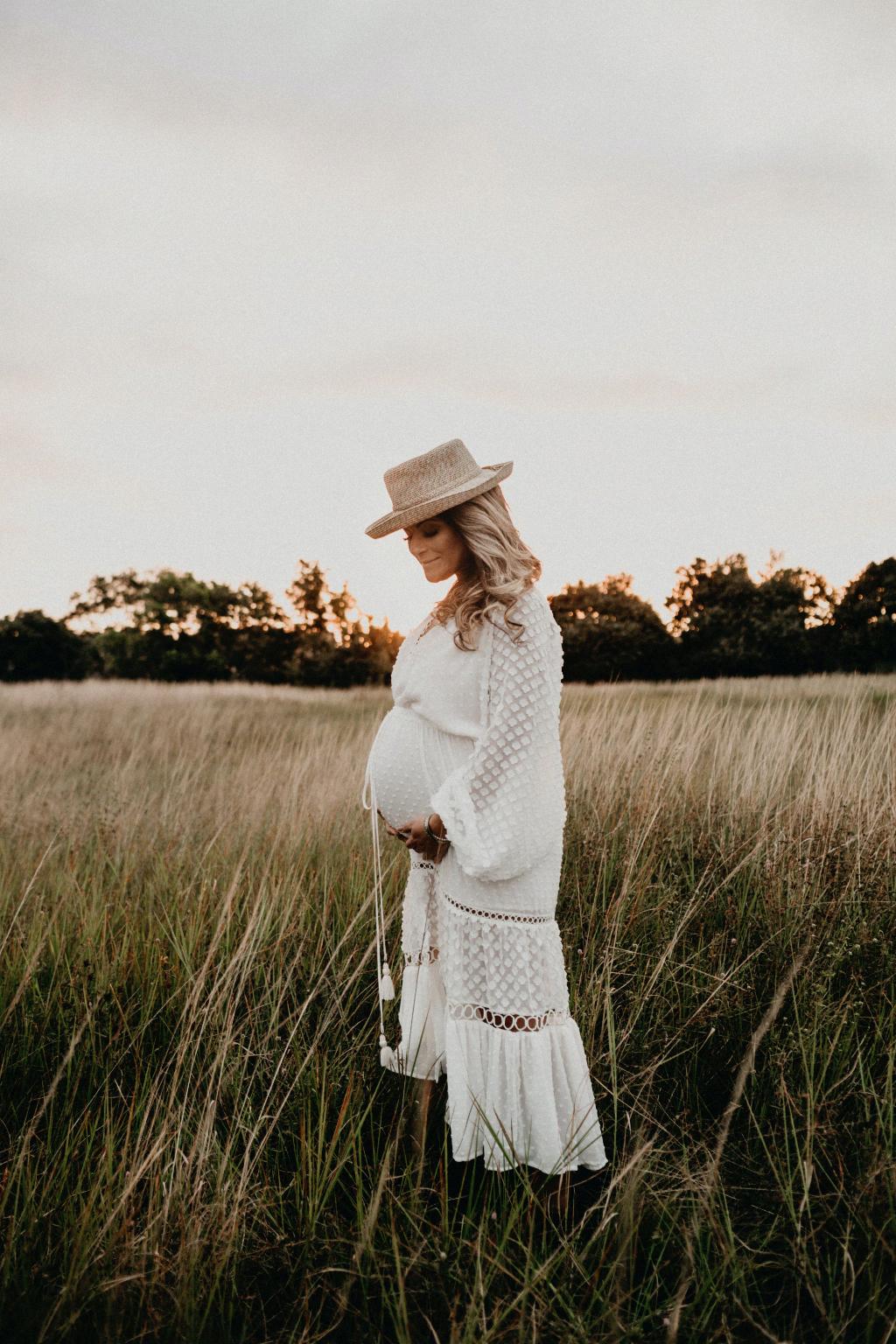Diminished ovarian reserve, often referred to as DOR, is a significant concern for many women who are trying to conceive. This condition essentially means that the ovaries have a reduced number of eggs available for fertilization compared to the normal physiological state.
Causes of Diminished Ovarian Reserve
There are various factors that can contribute to diminished ovarian reserve. While the primary cause is often age-related, other factors such as genetic predisposition, autoimmune conditions, environmental factors, and previous ovarian surgery can also play a role in reducing ovarian reserve.
Understanding Ovarian Reserve Testing
Ovarian reserve testing is crucial in diagnosing DOR. This may involve blood tests to measure hormone levels, ultrasound imaging to assess the number of antral follicles in the ovaries, and other specialized tests such as the clomiphene citrate challenge test or the anti-mullerian hormone test.
Implications for Fertility
Diminished ovarian reserve can have significant implications for fertility. It may lead to difficulties in conceiving naturally, an increased risk of miscarriage, and a reduced response to fertility treatments such as in vitro fertilization (IVF).
Addressing Diminished Ovarian Reserve
While diminished ovarian reserve can pose challenges for women hoping to conceive, there are potential treatment options available. These may include the use of assisted reproductive technologies like IVF, the use of donor eggs, or the exploration of alternative fertility treatments.
The Emotional Impact
Coping with a diagnosis of diminished ovarian reserve can have emotional implications as well. It is natural for individuals to experience feelings of grief, frustration, and uncertainty about their fertility journey.
Educational Support
Seeking educational support and guidance from healthcare professionals, fertility specialists, and support groups can be beneficial for individuals navigating the complexities of diminished ovarian reserve. Understanding the condition and available options can help individuals make informed decisions.
Lifestyle Factors
There are also lifestyle factors that individuals can consider to potentially support ovarian health. Maintaining a healthy diet, engaging in regular exercise, managing stress levels, and avoiding substances like tobacco and excessive alcohol can contribute to overall well-being.
Medical Intervention
In cases where medical intervention is necessary, it is important to work closely with healthcare providers to explore treatment options tailored to individual needs. Collaboration between patients and medical professionals can optimize the chances of achieving successful outcomes.
Exploring Alternatives
For individuals facing challenges with diminished ovarian reserve, exploring alternative pathways to parenthood can also be a valuable consideration. Adoption, surrogacy, and other assisted reproductive options may offer fulfilling ways to build a family.
Embracing Support
Embracing support from loved ones, professional counselors, and fertility communities can provide individuals with the necessary emotional support during their fertility journey. Connecting with others who share similar experiences can provide a sense of camaraderie and understanding.
Conclusion
In conclusion, diminished ovarian reserve is a complex condition that can impact fertility and emotional well-being. By seeking medical guidance, exploring treatment options, and cultivating a supportive network, individuals can navigate the challenges of DOR with resilience and perseverance.

